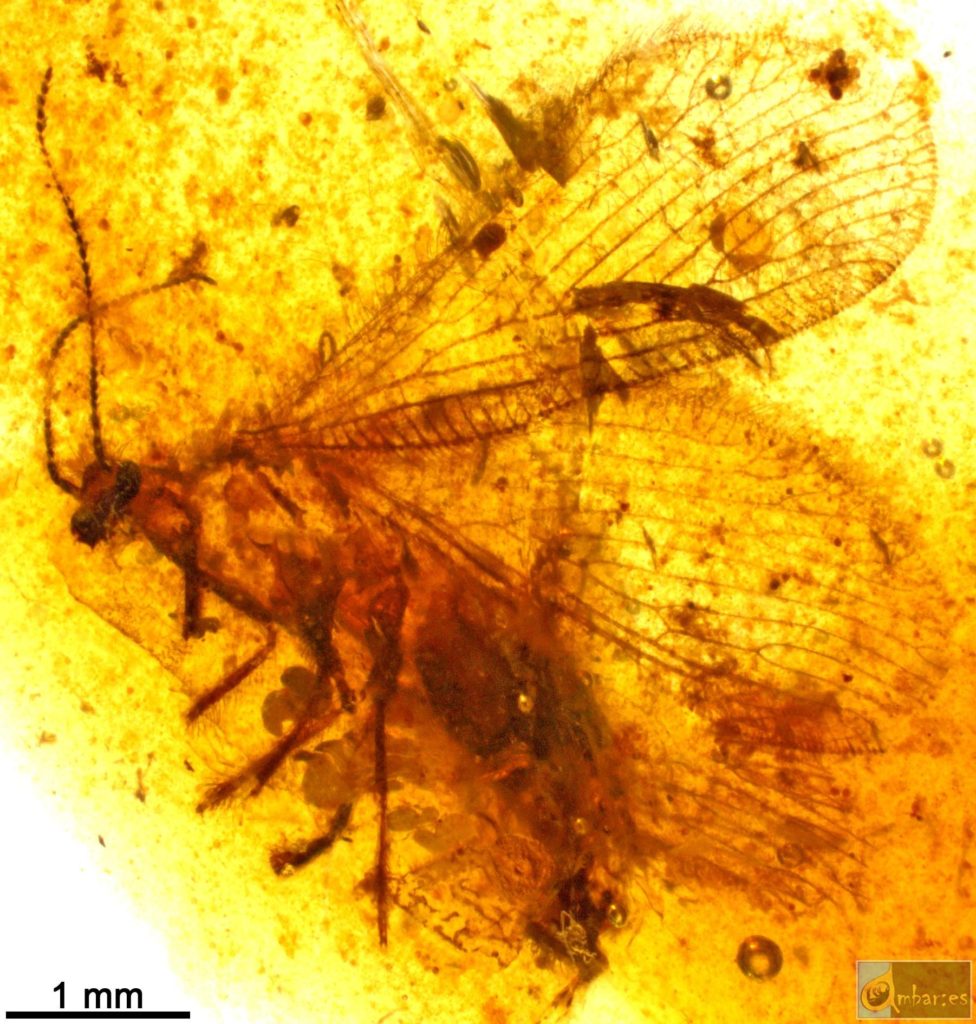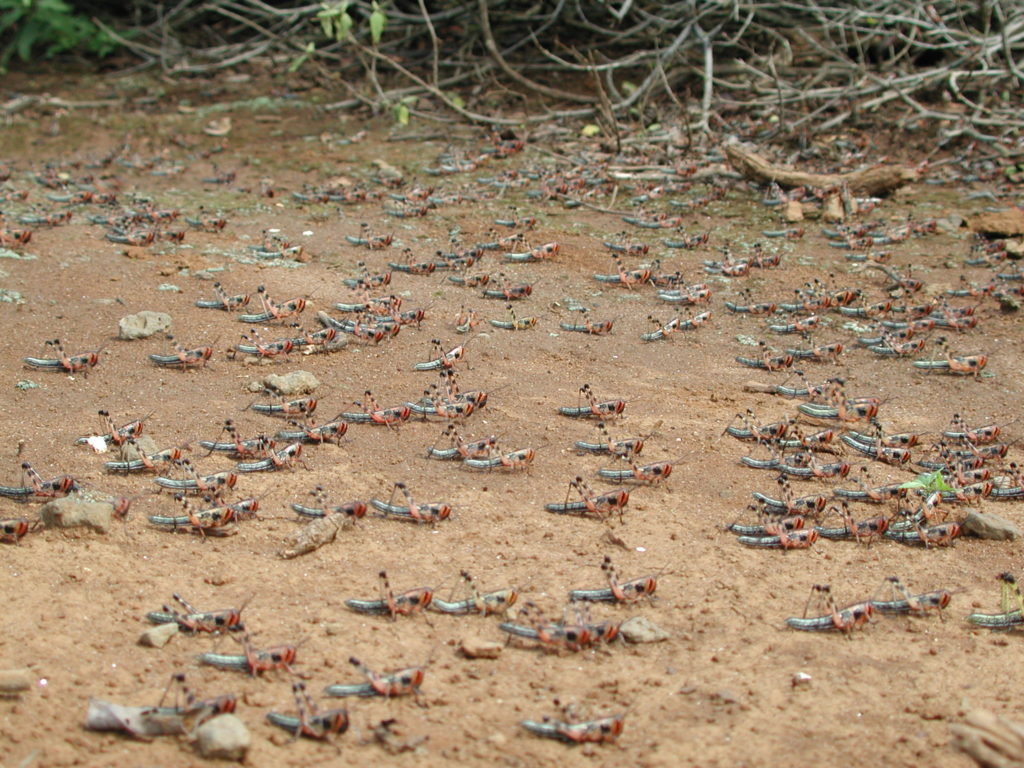Tuesday, January 19th
Virtual Zoom Meeting
07:30 PM EST
Join Zoom MeetingHere
Fossil insects: new insights from the deep past
Ricardo Pérez-de la Fuente
Museum Research Fellow, Oxford University Museum of Natural History

Fossil insects are a remarkable source of paleobiological information on the Earth’s last 400 million years. More than a century and half of paleoentomological research has demonstrated the prevalence that insects had already achieved in ancient terrestrial ecosystems. However, the amount of data –with the potential to impact multiple fields of knowledge– still locked in the fossil record is unfathomable. The present talk is aimed at offering a glimpse into some of the research recently carried out on fossil insects. We will tackle topics as disparate as the evolution of egg-hatching structures in lacewings, the role of 280 million-year-old earwig relatives in cutting-edge bioinspired technologies, or how a unique window into arthropod-dinosaur interactions is being opened by Cretaceous ticks and insects associated with feathered theropod remains. Novel techniques and new fossil localities –particularly those providing exceptional preservation, such as amber deposits– keep narrowing the gap between extant and extinct insects in the way they are studied and the quality of the data extracted from them.
Ricardo received a BSc in Biology from the Univ. of Barcelona (2003–07) and a MSc in Palaeontology (2007–08). Later, he obtained a PhD in Earth Sciences from the Univ. of Barcelona (2008–12). From 2013 to 2017, Ricardo was a postdoctoral fellow at the MCZ, where he led the digitisation/identification efforts on the F M Carpenter collection, one of the premier fossil insect collections worldwide, with about 35,000 specimens. Currently, he is a research fellow at the Oxford University Museum of Natural History. Ricardo has published more than thirty papers on the paleobiology of fossil arthropods, lectured on palaeontology and entomology, and participated in numerous amber excavations. His research is mainly focused on the study of amber inclusions, particularly those from the Cretaceous, one of the most important periods for the diversification of terrestrial arthropods, linked with the radiation of flowering plants.
In compliance with the COVID-19 social distancing guidelines, we are temporarily suspending all physical meetings and pre-talk dinner until further notice.
CEC meetings are normally held the second Tuesday of the month from October through May. The evening schedule typically includes an informal dinner (5:45 to 7:15 PM) followed by our formal meeting (7:30 – 9:00 PM). The latter begins with club business and is followed by a 60-minute entomology related presentation. Membership is open to amateur and professional entomologists.



